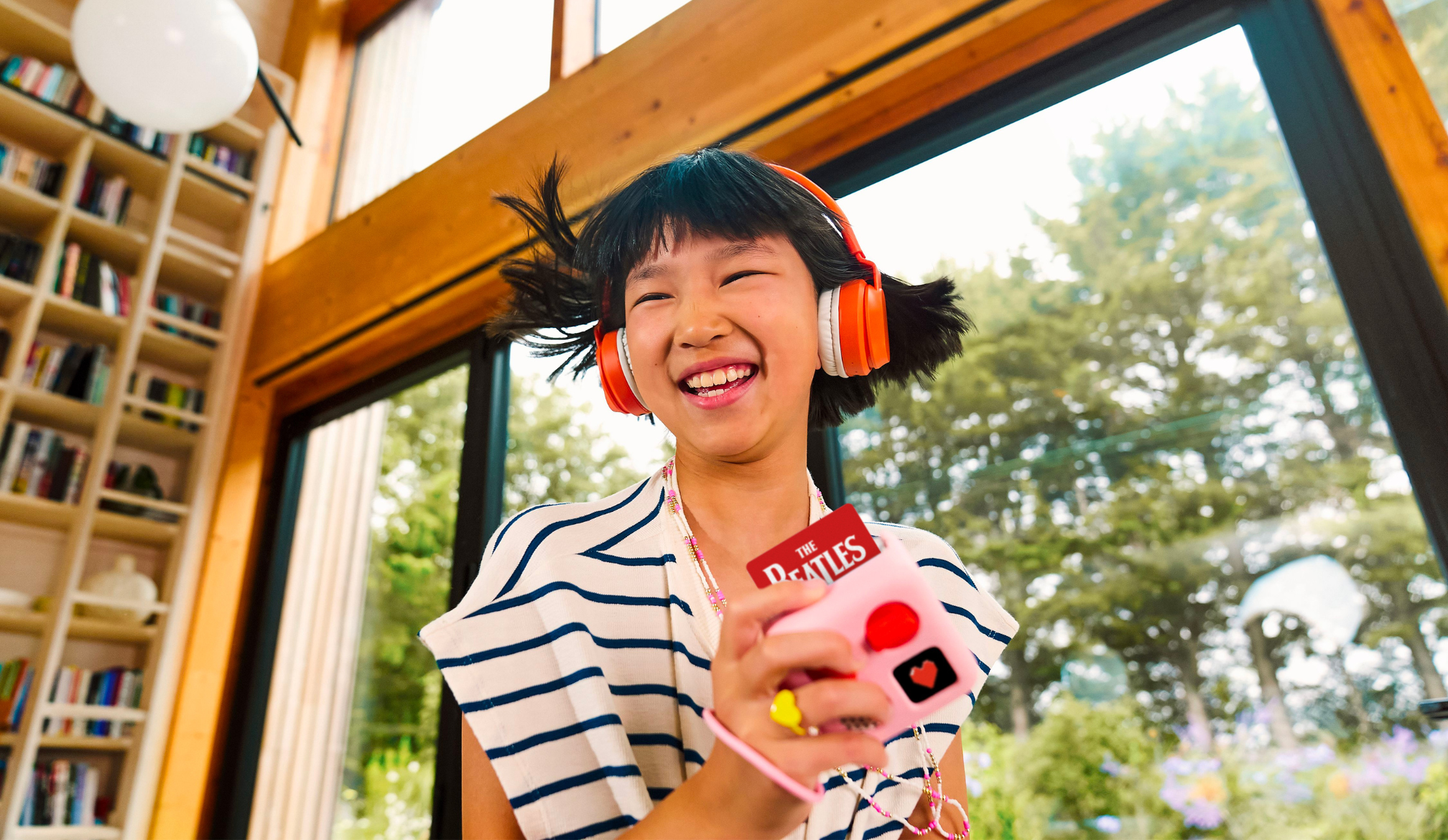‘Hot mic’ moment aside, the Albanese government’s Pacific policing deal is a masterstroke of diplomacy
- Written by Michael O'Keefe, Director, Master of International Relations, Department of Politics, Media and Philosophy, La Trobe University

Australian Prime Minister Anthony Albanese may be attempting to backpedal[1] from a “hot mic” moment at the Pacific Islands Forum this week in which he joked[2] the United States “go halvies” on a new regional policing agreement.
But putting aside any awkwardness, the deal itself represents a significant diplomatic victory for Australia, as well as a security win for the Pacific.
The geopolitical rivalry between China and Australia, the United States and their allies has been encroaching on all aspects of regional diplomacy, and Pacific leaders came into this meeting wanting to refocus the agenda.
And one of the most important issues to the Pacific is transnational crime. With drug cartels from Latin America using[3] Fiji and other Pacific nations as a transit point for drugs entering Australia and New Zealand, transnational crime now sits alongside climate change as the top two regional priorities.
In January, three tonnes of methamphetamine were seized in Fiji[4]. If delivered to markets in Australia and New Zealand, it could have been valued at hundreds of millions of dollars.
Asian crime syndicates and outlaw motorcycle gangs from Australia and New Zealand are also present[5] in some countries, bringing other crimes, such as human trafficking, prostitution and scamming operations.
In June, Fijian Prime Minister Sitiveni Rabuka told[6] Pacific leaders:
We know that crime and criminal groups do not respect borders. Rather, they manipulate borders with their business model. Cybercriminals ignore borders altogether.
What the new policing agreement will do
This is why this week’s headline announcement of a A$400 million Australian-funded Pacific Policing Initiative[7] is so vital. It’s a comprehensive program designed by Pacific police to meet the increasing threat of transnational crime.
There are three main pillars to the agreement, which will establish:
-
four new policing centres providing specialist training across the region
-
a Pacific policing support group able to deploy trained officers to countries for major events or to respond to crises
-
a Pacific policing coordination hub in Brisbane that will have access to Australian Federal Police facilities for training.
Albanese has been keen to emphasise the idea was developed as a collaborative effort by Pacific police chiefs.
Unlike previous bilateral efforts involving Australia, this initiative will be truly regional. And despite some apprehensions[8] about the geopolitical impact of the deal, the consensus among Pacific leaders is the initiative will be highly beneficial.
Papua New Guinea’s prime minister, James Marape, described it as “a concept that is born from within[9]”.
The entire Pacific is the biggest unpoliced space in planet earth. […] it is really important that we come together in this manner.
Spiralling drug use and HIV infections
The threats from transnational criminals are framed as a problem thrust on the region from outside. These organised crime groups are only interested in the strategic value of the Pacific as a waypoint in their distribution networks.
These criminals are also taking advantage of gaps in the Pacific policing capacity and the vulnerability of regional police to corruption[10].
Unfortunately, the side effect of being a transshipment hub is rising drug use in many Pacific nations themselves, with associated social and health problems such as sex work and HIV infections[11].
The number of new HIV cases in Fiji, in particular, is surging at an alarming rate[12]. As one UN official said:
It’s a serious concern, we are seeing young people, teenagers, dying of HIV today and that’s shocking. […] We are seeing 10-year-olds, 12-year-olds coming in to clinics testing positive because of drug use.
Read more: Meth addiction, HIV and a struggling health system are causing a perfect storm in Fiji[13]
The geopolitics behind the deal
Responding so comprehensively to this need will also ensure Australia is viewed as the “partner of choice[14]” for at least a generation of Pacific police.
Many Pacific leaders feel Australia has struggled[15] over the years to deliver a satisfactory response to their concerns over climate change. The policing initiative, however, is an example of Australia delivering on a promise. This will likely give Canberra a boost in its ongoing battle with China for influence.
The deal builds on Australia’s successful military diplomacy[16] in the Pacific in recent years. Canberra has funded key defence infrastructure, such as the Lombrum[17] and Blackrock[18] bases in PNG and Fiji, respectively, and delivered military equipment, such as patrol boats and bushmaster vehicles.
These are practical examples of Canberra using the tools of statecraft[19] at its disposal to achieve its national interests – namely crowding out Chinese influence in this strategic area.
The policing agreement stands in sharp contrast to China’s failure[20] to negotiate a regional security agreement of its own in 2022.
Of course, there is some wariness over the deal. Vanuatu Prime Minister Charlot Salwai said[21] he wanted to ensure the policing initiative is “framed to fit our purposes and not developed to suit the geostrategic interests and geo-strategic denial security postures of our big partners”.
Under the agreement, each Pacific government can decide how it chooses to participate in the initiative. The response from the Solomon Islands, which has signed a controversial police deal[22] with China, will now be watched closely in Canberra.
In short, the Pacific Policing Initiative is good public policy and diplomacy. It will certainly improve the fight against transitional crime by providing regional police with the resources and expertise they need.
Success on policing shouldn’t breed complacency, however. Australia has a long way to go to meet Pacific expectations on climate change. No doubt China will be searching to gain an advantage in this area.
References
- ^ attempting to backpedal (x.com)
- ^ joked (www.afr.com)
- ^ using (www.lowyinstitute.org)
- ^ seized in Fiji (www.rnz.co.nz)
- ^ present (www.aspistrategist.org.au)
- ^ told (fijilive.com)
- ^ Pacific Policing Initiative (www.pm.gov.au)
- ^ apprehensions (www.afr.com)
- ^ a concept that is born from within (www.pm.gov.au)
- ^ vulnerability of regional police to corruption (www.fbcnews.com.fj)
- ^ HIV infections (theconversation.com)
- ^ surging at an alarming rate (www.1news.co.nz)
- ^ Meth addiction, HIV and a struggling health system are causing a perfect storm in Fiji (theconversation.com)
- ^ partner of choice (www.sbs.com.au)
- ^ struggled (www.theguardian.com)
- ^ successful military diplomacy (researchcentre.army.gov.au)
- ^ Lombrum (www.abc.net.au)
- ^ Blackrock (theconversation.com)
- ^ statecraft (www.lowyinstitute.org)
- ^ China’s failure (www.abc.net.au)
- ^ said (www.theguardian.com)
- ^ controversial police deal (www.theguardian.com)

















